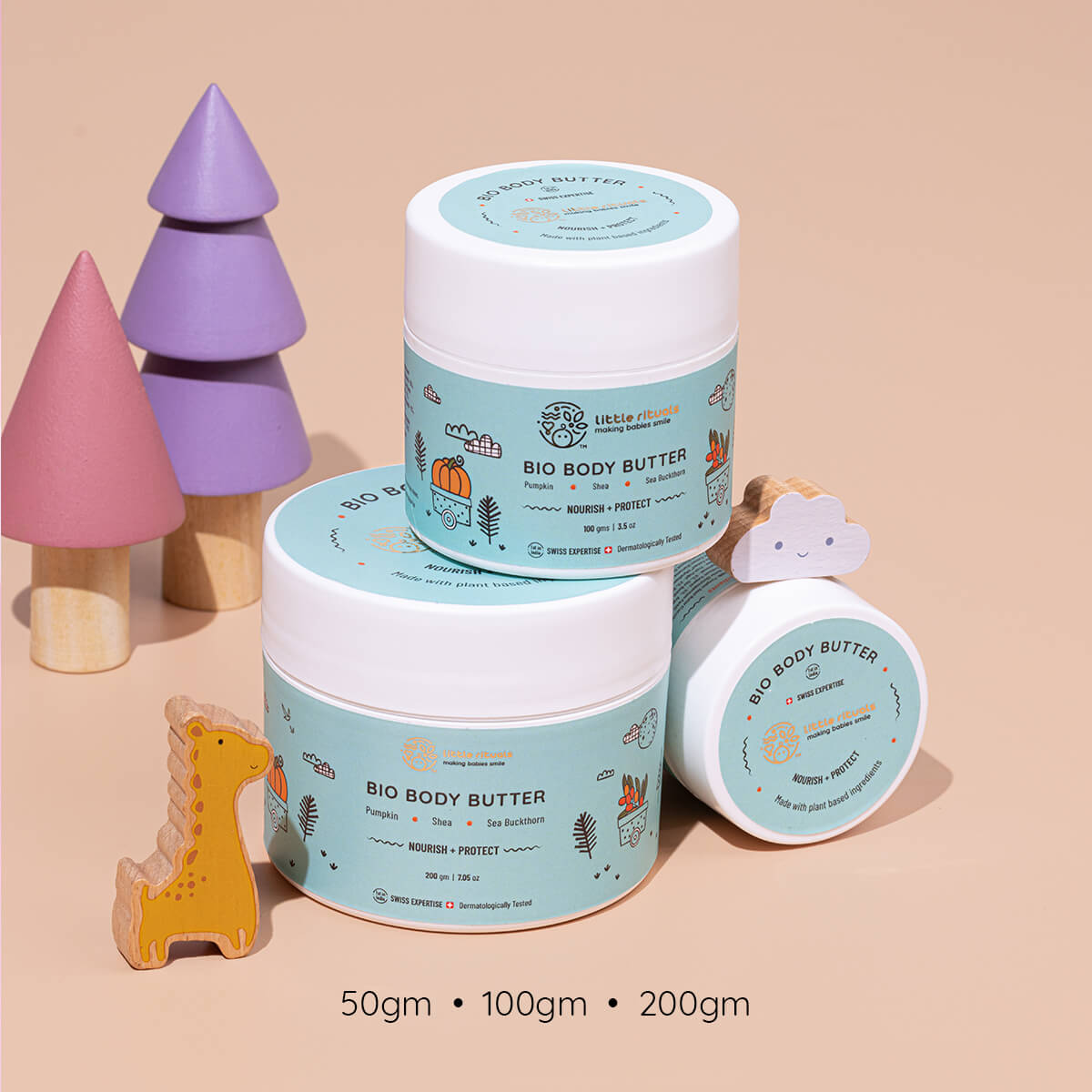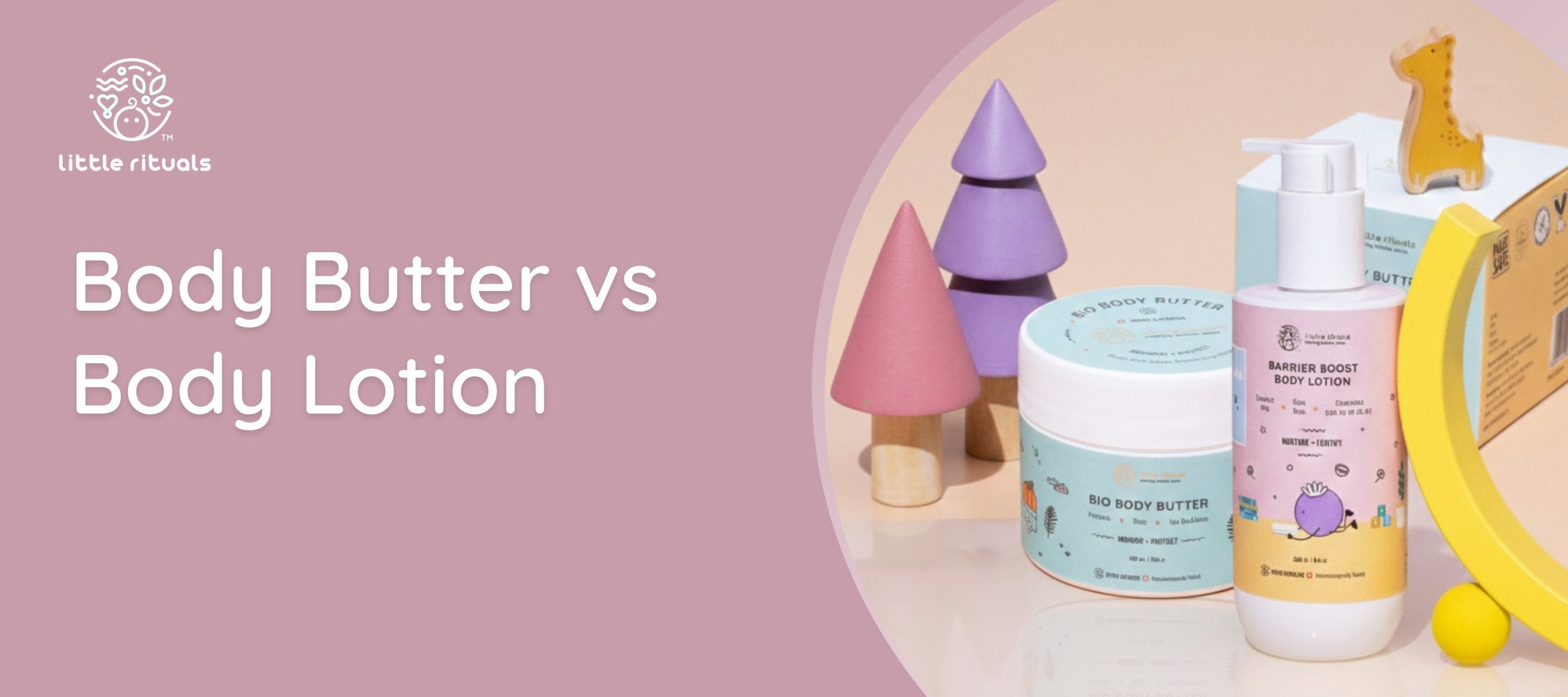
How to Create the Perfect Feeding Schedule for Your Newborn
A newborn baby in your life is a delightful blessing, but it brings many new responsibilities. Among the most important tasks you will have to face is making sure your baby is fed right. A newborn feeding schedule will help you provide the right nutrition for your little one, ensure healthy growth, and create a smoother routine for both of you.
But how to create perfect feeding schedule for baby? Let's break it into easy-to-follow steps.
Understanding Newborn Feeding Needs
Newborns have tiny stomachs and need to eat frequently to get enough nutrition for growth. In the first few months, your baby will need to eat every 2-3 hours, totaling 8-12 feedings a day. Establishing a routine ensures your baby gets adequate food and helps track growth.

Breastfeeding vs. Formula Feeding
When planning your baby feeding schedules, decide whether you breastfeed, formula feed, or use a combination. Each has benefits, and either option provides the nutrients your baby needs.
Breastfeeding
Breastfeeding is the best choice for newborns because it provides essential nutrients and antibodies. While it is easy to digest, breastfed babies often need to be fed every 2-3 hours.
Formula Feeding
The formula is a great alternative, providing all the essential nutrients. Formula-fed babies tend to go a little longer between feedings because formula takes longer to digest. It also allows other caregivers to feed the baby.
How to Make the Ideal Feeding Schedule for Your Baby
A well-planned newborn feeding schedule can make both you and your baby feel more at ease. Here are some simple steps to help you set up a feeding routine:
1. Look for Hunger Cues
Babies can't tell you when they're hungry, so it's important to watch for signs. Here are some common hunger cues:
-
Sucking on hands or fingers
-
Rooting (turning their head towards anything that strokes their cheek)
-
Opening their mouth and making sucking sounds
-
Crying (although this tends to happen later)
The sooner you observe these symptoms, the quicker you are able to feed your baby, thus saving it from unnecessary crying.
2. Feed Your Baby Every 2-3 Hours in the Daytime
Feeding a baby about every 2-3 hours in the early stages will be necessary. You will need to wake the baby up and feed him or her in the daytime if sleeping. This way, a baby gets all the essential nutrients required, and baby feeding time remains on track. It is normal for your baby to wake up every 2-3 hours when he or she needs a meal. But do not leave your baby's feeding pattern unorganized.
3. Night Feeds
During the night, a newborn baby will wake to be fed. This may appear tiring, but that is just part of what will happen. Initially, babies will feed every 3-4 hours at night, but they will start to settle into longer periods of sleeping soon. To help them do that, ensure they are feeding really well during the day.
4. Feeding time
Each feeding should take approximately 20-30 minutes. The duration may vary depending on whether you are breastfeeding or formula feeding.
Breastfeeding
Let your baby nurse on one breast till it becomes empty, and then you can switch the baby to the other if necessary.
Formula Feeding
Read the instructions that come with the formula packet to determine how much to feed your baby.
Must Read: Is Your Baby Teething? Tips for Easing the Discomfort During This Milestone
5. Monitor Baby's Diaper Output
One of the easiest ways to know if your baby is feeding well is to check their diaper output. Newborns should have at least 6-8 wet diapers per day and 2-5 bowel movements. If your baby is producing this amount of diapers, they are probably feeding well.
6. Be Flexible
While it is amazing to have a newborn feeding schedule, be flexible and realize that babies will eat more on certain days depending on how active they are at different periods of growth spurts. Such periods tend to fall in the 2-3 weeks, 6 weeks, and 3 months. Just believe your instincts, and that should be used as your baby feeding schedules.

Change in Feeding Schedule with Your Baby's Growth
With the growth of your baby, their feeding schedule changes. Here's how you can adjust it when they reach different stages:
1-2 Months
At this age, your baby still feeds frequently, every 2-3 hours. This schedule will start to feel routine, but your baby may still wake up at night for feedings. Continue following the newborn feeding schedule, feeding your baby on demand.
3-4 Months
At this stage, most babies start sleeping longer at night and can be fed every 4-5 hours during the night. They can feed every 3-4 hours during the day. Their feeding schedule will begin to stabilize, and you will get used to the new pattern.
5-6 Months
At this age, your baby may be ready to start with solids. You can introduce pureed foods while continuing to feed them breast milk or formula. The baby's feeding schedule will change as the solids become a regular part of your baby's routine. Continue to follow your baby feeding chart for newborns, adjusting to include solids gradually.
Managing Common Challenges
Cluster Feeding
Some babies cluster feed, feeding more often over a short period, usually in the evening. This phase can be exhausting but is normal, especially for breastfeeding babies.
Refusing the Bottle
If you're combining breastfeeding and bottle feeding, some babies refuse the bottle. Try using a bottle that mimics the breast, and you can have another person offer the bottle.
Low Milk Supply
If you're breastfeeding and feel your milk supply is low, increase nursing or pumping to stimulate production. If problems persist, seek advice from a lactation consultant.
Conclusion
Knowing how to create perfect feeding schedule for baby benefits both of you: your baby gets the nutrients it needs to thrive, and you get a sense of control and stability in those early days of parenting. Using a baby feeding chart for newborns can help keep track of feeding times and monitor your baby's growth.
Remember, every baby is unique, and flexibility is of the essence. By learning to read your baby's hunger signals, you'll establish a customized feeding plan tailored to their unique needs - and suddenly, those chaotic early days will start to feel much more manageable.














